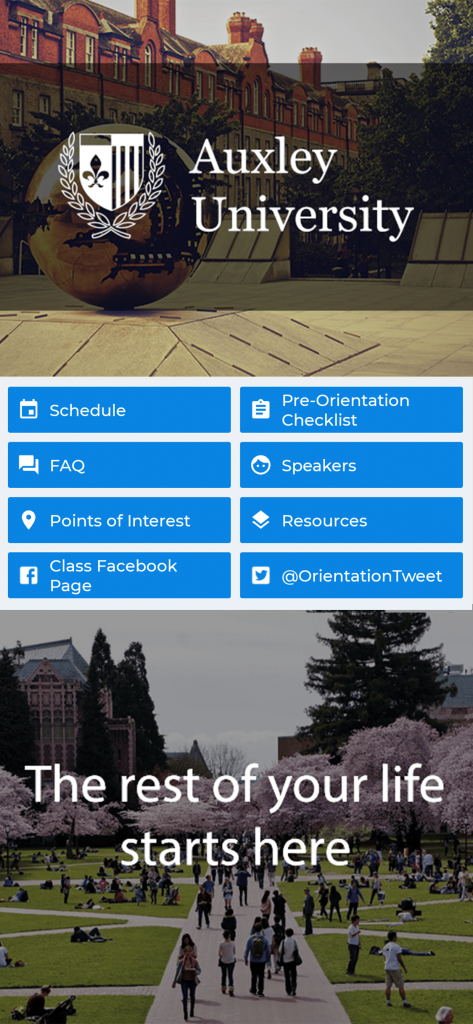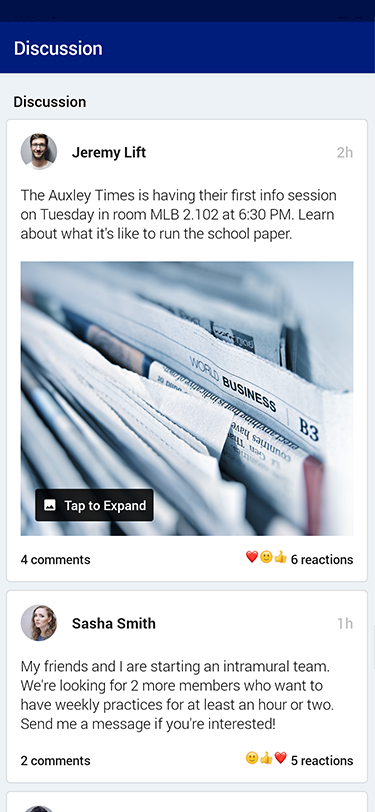Of all the years to pay attention to the latest event trends, 2021 is a particularly important one. Arguably, events were one of the most impacted parts of society by the COVID-19 pandemic, so its natural that in the coming years they’ll be re-thought and changed drastically.
Below is a compilation of the biggest and most interesting trends currently impacting the events world. These trends are LOOSELY listed in their order of significance, but only time will tell which trends have the biggest effects.
Hybrid Events
2020 was the year of virtual events. Arguably THE trend for 2021 is the rise of hybrid events. Hybrid events allow for you to split your events’ activities into physical and virtual audiences.
For 2021, this is great to separate your audiences for several reasons.
- Allow vaccinated or low-risk participants to attend in-person. High-risk or unvaccincated attendees can still be present virtually.
- Have all attendees rotate through virtual and/or physical days. This way you can avoid overcrowding and continually maintain social distancing.
Beyond 2021, the idea of Hybrid Events is great, as it allows you to massively increase your potential event audience A more powerful hybrid infrastructure allows you to scale your events far beyond your local limitations.
Virtual Events Themselves
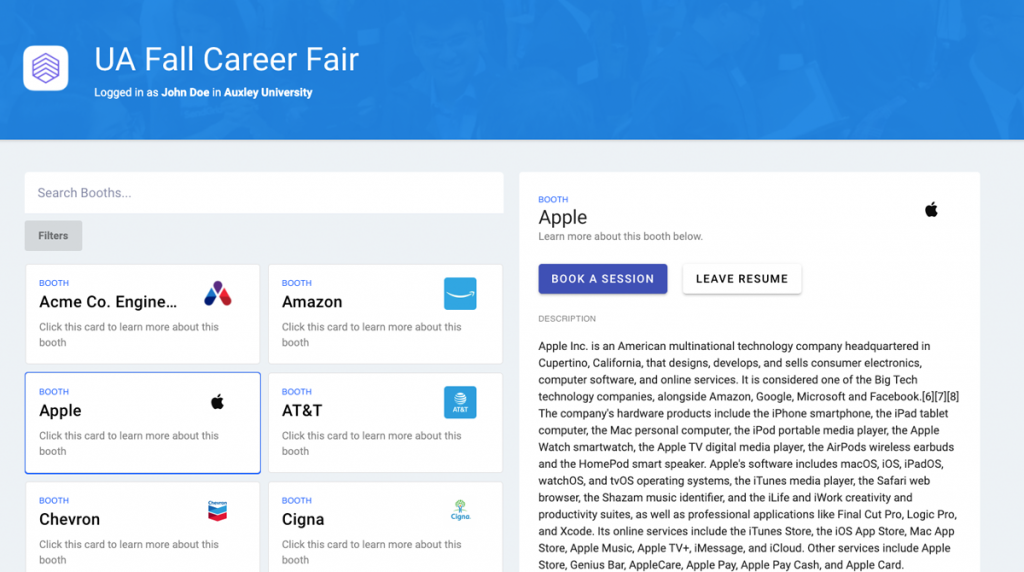
Of course, the virtual event trend of 2020 is going nowhere either. Virtual events were already a thing long before 2020. But 2020 forced everyone to get familiar with these virtual platforms.
Even though there’s less and less of an immediate need for virtual events, now that event planners around the country know how to host them, they will continue to be hosted at a far higher rate than pre-pandemic.
Many career fair planners for example, are going into 2021 with the idea of hosting their flagship events physically, and their more minor events virtually.
Engagement Features

Pre-2020, “virtual” events often just meant live streams or zoom calls.
With technology coming as far as it has, and the prevalence of engagement features on Facebook Live or Twitch.tv, audiences have come to expect more out of their viewing experience.
Expect virtual events to evolve far beyond simple live streams. Here are some features leading the pack when it comes to engaging live streams.
- Live Chat
- Live Polls
- Virtual Audience Q&A
- Virtual Happy Hours
Digital Halls
This is a more minor point, but one that will be widespread due to its practicality.
One of the most straightforward “budget” ways to host a virtual event was a simple listing of Zoom links.
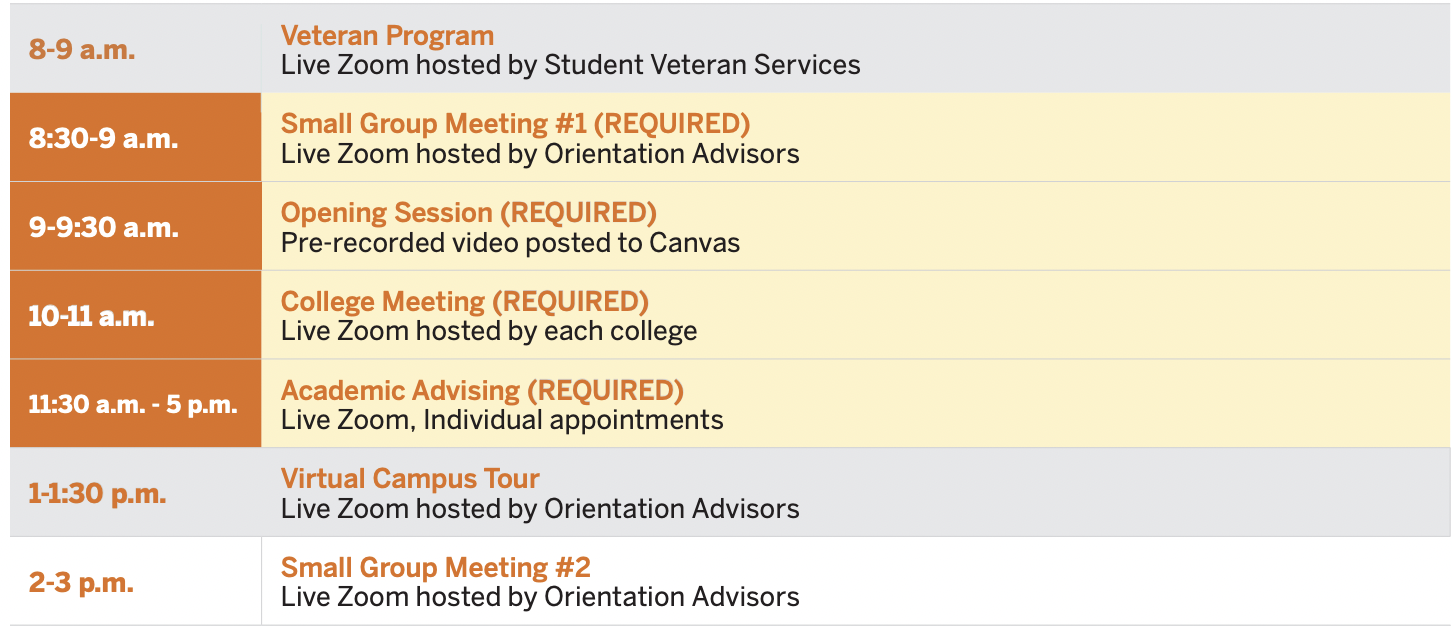
Digital halls are a way to consolidate several zoom links into a single, more streamlined experience.
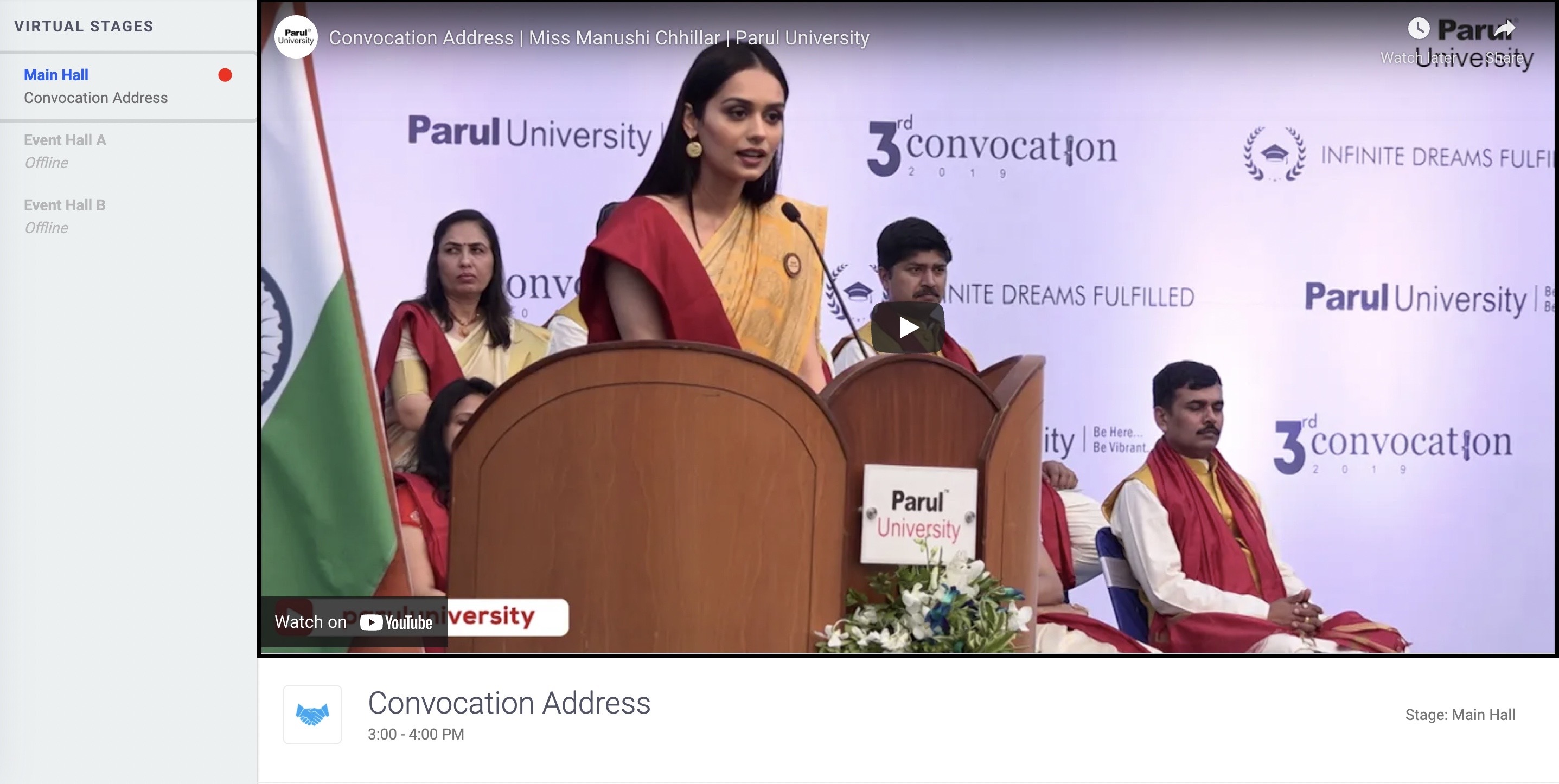
You can switch broadcasting sources in and out of your digital hall. Effectively, you can host as many zoom sessions as you would like out of a single link – a much more streamlined experience for your attendees.
Event to Community Pipeline(s)
Institutions that revolve around events OR institutions that begin with events seek to quickly turn attendees into a part of their community.
As ideas like social networks as a service become more prevalent, many institutions are looking for virtual event solutions that can effectively siphon attendees into their community technology, whether that be social media or in-house solutions.
Heightened Cybersecurity
Event security has always been an important thing, but with virtual events traditional security is no longer enough. Event solutions typically store personal attendee information that can be worth something to bad actors.
Event cybersecurity is no joke and is absolutely not something to ignore if your institution is investing in virtual solutions.
Passwordless Logins and Captcha
One point of feedback that almost all institutions received after implementing a season of virtual events was that it’s annoying to have to remember another set of login credentials just to attend an event.
Forward-thinking providers have started exploring alternate ways to allow attendees to log in, including magic links, social media login, and/or SSO tied directly to an institution’s login system. This trend is particularly important for event planners hosting free, open events who want to maximize their attendee count.
All-In-One Platforms (ditching Zoom)
Let’s be real, Zoom was a great, simple fall-back when the pandemic first struck. But the several “virtual events” that were run as a directory of Zoom links were definitely lacking. Something about having to navigate between several Zoom links feels more like patchwork rather than a structured event with a proper budget.
Fortunately, the solution isn’t that complex. By carefully embedding these live streams in a more consolidated format, all-in-one event platforms are making these stream-centric events feel more like a branded, holistic experience. Expect these platforms to be more and more present as we move through 2021 into 2022.


